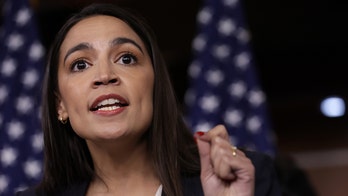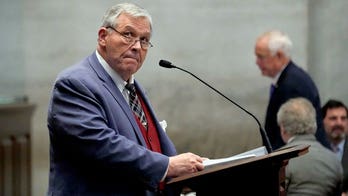Pete Buttigieg slammed for climate hypocrisy over 18 taxpayer-funded private flights
West Virginia coal miner Bo Copley joined 'Fox & Friends First' to discuss Buttigieg's taxpayer-funded private flights and Biden looking to fund overseas mining projects.
The Biden administration opened the door to financing mining projects in the Democratic Republic of the Congo (DRC) and Zambia to bolster the global green energy supply chain as it pushes ahead with its climate agenda, despite the DRC's documented issues with child laborers being used in such mines.
Secretary of State Antony Blinken entered into the agreement Tuesday, signing a memorandum of understanding (MOU) with the two nations and lauding their work improving the electric vehicle battery supply chain. During a signing ceremony, Blinken said the "future" was happening, given the importance of cobalt for manufacturing electric vehicles.
"I really want to commend the DRC and Zambia, their governments for their leadership and vision in developing an electric vehicle battery council," Blinken said Tuesday. "This is the future, and it is happening in the DRC and in Zambia."
DRC foreign minister Stanley Kakubo added during the event that his country was committed to actualizing the deal "in a hurry."
GREEN ENERGY PROJECTS FACE STARK ENVIRONMENTAL, LOCAL OPPOSITION NATIONWIDE
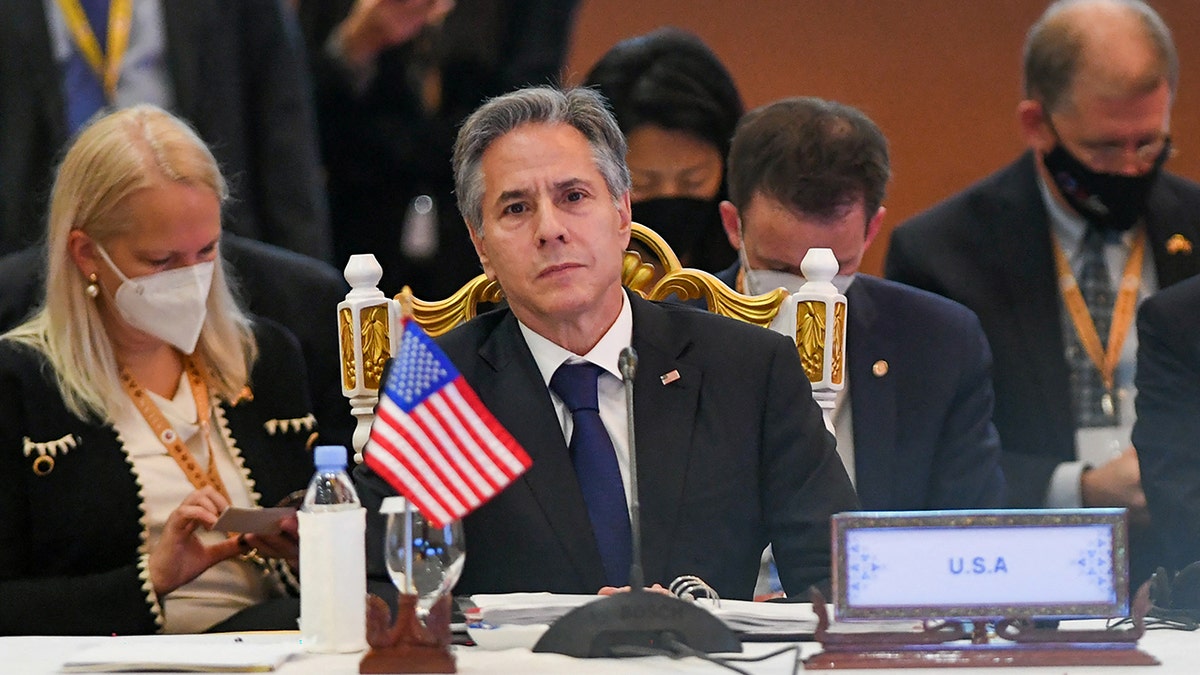
Secretary of State Antony Blinken attends an international diplomatic engagement on Aug. 5, 2022. (Tang Chhin Sothy/AFP via Getty Images)
Green energy technologies like electric vehicle batteries, solar panels and wind turbines require a massive expansion of cobalt, copper, lithium, nickel, graphite, zinc and other mineral production. The vast majority of mining and processing of such materials, though, takes place outside the U.S., making the nation more reliant on foreign minerals despite its large domestic resources.
In 2021, the DRC alone mined more than 70% of the global supply of cobalt, while the U.S. mined just 0.4%, according to the U.S. Geological Survey. The DRC also has an estimated 3.5 million metric tons of cobalt reserves, the largest amount in the world.
ENVIRONMENTAL GROUPS KEEP PUSHING EXTREME MEASURES AMID GLOBAL ENERGY CRISIS
However, independent investigations conducted in recent years by the United Nations International Children's Emergency Fund (UNICEF) and Amnesty International have documented how many cobalt mines located in the DRC employ child laborers. The Biden administration also released a report in October showing that child labor continues to take place in the mines.
"Many children we spoke to told us that they were frequently ill. Inhaling cobalt dust can cause hard metal lung disease — a potentially fatal condition," a 2016 Amnesty International report stated. "Skin contact with cobalt can cause dermatitis — a chronic rash. Yet the children and other miners have neither masks nor gloves to protect them."
"The children told us that they endured long hours — up to 12 hours a day — working at the mines hauling back-breaking loads of between 20 and 40kg for US$1-2 per day," it continued. "Many had nothing to eat all day. Fourteen-year-old Paul, who began mining aged 12 and worked underground, told us he would often ‘spend 24 hours down in the tunnels. I arrived in the morning and would leave the following morning.’"
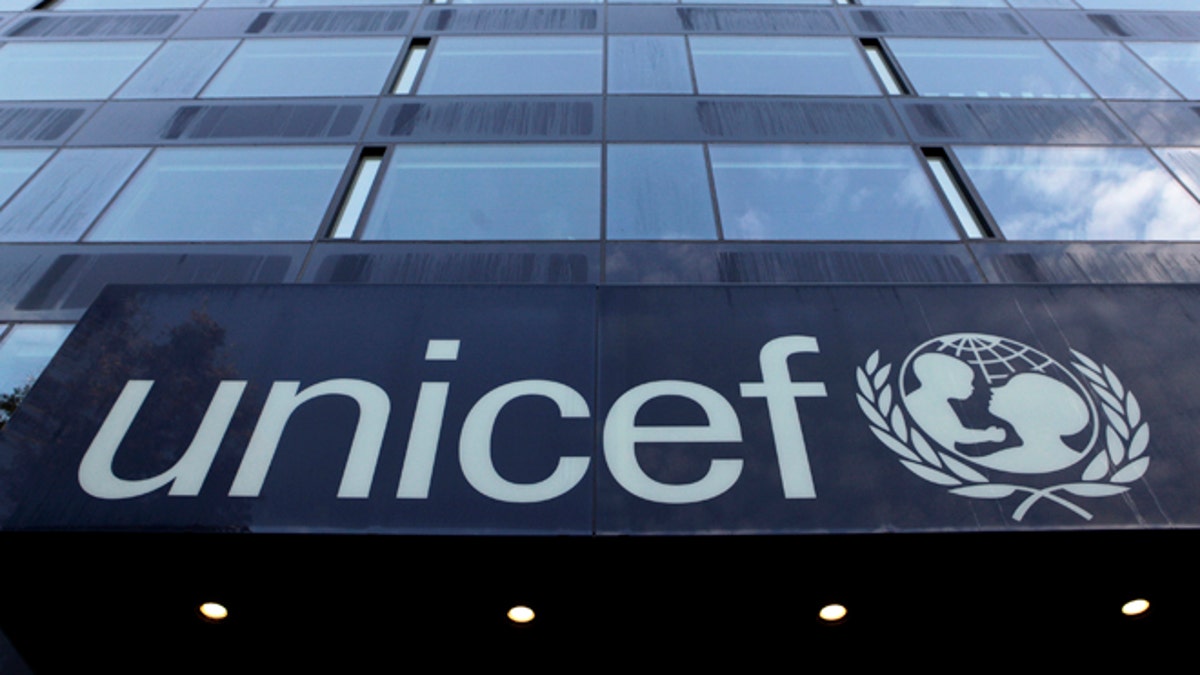
About 40,000 children are believed to work in mines in southern DRC, according to the United Nations International Children's Emergency Fund. (Reuters)
Overall, about 40,000 children are believed to work in mines in southern DRC, according to UNICEF.
"It's egregious that the Biden administration would enter into an MOU to mine critical minerals in the Congo, where we know they use child slave labor to mine these minerals and they have almost zero labor standards and almost zero environmental standards," Rep. Pete Stauber, R-Minn., the top Republican on the House Natural Resources Energy and Mineral Subcommittee, told Fox News Digital in an interview.
"And yet this administration will not allow mining in the United States," he added.
PUSH FOR WIND ENERGY IN THE WEST THREATENS GOLDEN EAGLES
Stauber said his subcommittee will conduct investigations into the Biden administration's mining policies once Republicans take control of the House and he assumes the chairmanship of the panel next year.
"We are not only going to legislate, but we're going to have oversight," he told Fox News Digital. "We want to know why this administration continues to not allow mining in the United States. We want to know why they've pulled federal permits without allowing an environmental impact statement to move forward."

Rep. Pete Stauber, R-Minn., said he is planning on conducting oversight into the Biden administration's mining policies when he takes the top position on the House Natural Resources Energy and Mineral Subcommittee next year. (Rep. Pete Stauber, R-Minn.)
Earlier this year, the Department of the Interior canceled two existing hardrock mineral leases in the mineral-rich Boundary Waters Canoe Area Wilderness in northern Minnesota and announced that it would move forward with a 20-year ban on new mining projects in the region, citing environmental reasons.
The projects contained about 88% of the nation's cobalt reserves and had a project labor agreement in place for the site to be unionized.
BIDEN ANNOUNCES $36 BILLION BAILOUT FOR UNION PENSION PLAN
"Don't just listen to Joe Biden and his activist administration's words, look at their actions," said Stauber, who represents the district where the projects are located. "Joe Biden, as far as workers go and mining goes, is 'anywhere but America and any worker but American.' It's unacceptable."
In addition, the Biden administration has implemented regulatory roadblocks on mines in Alaska, Arizona and Nevada, which have massive copper, molybdenum and lithium deposits.
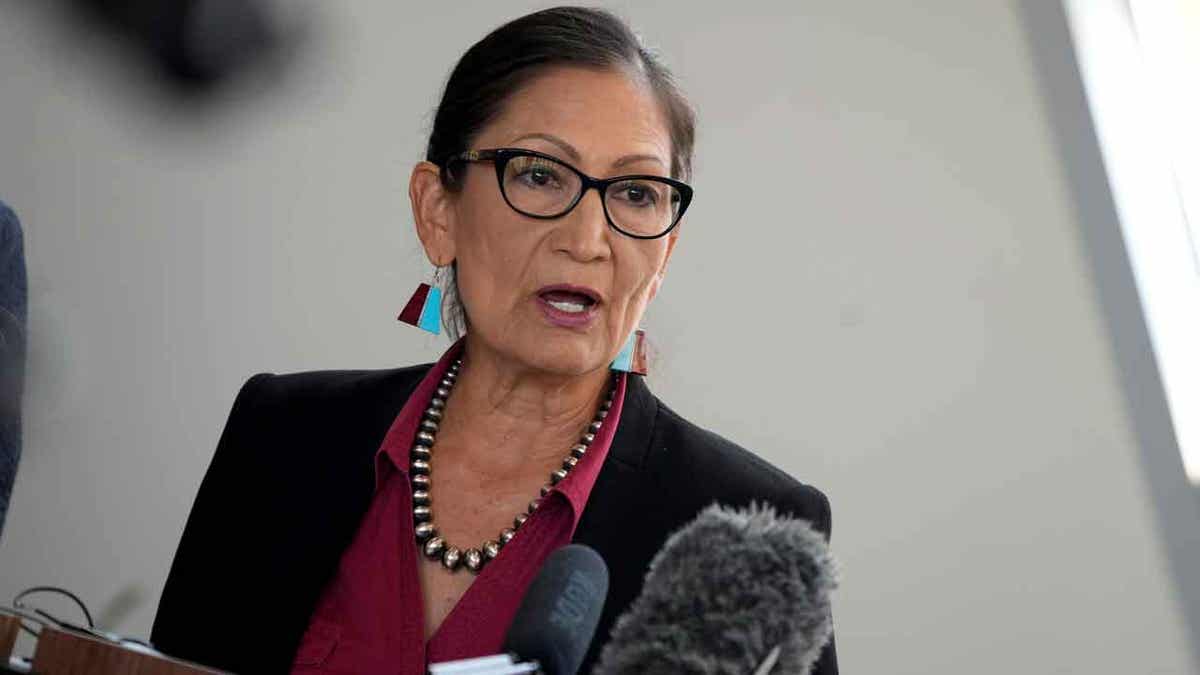
Interior Secretary Deb Haaland speaks during a news conference in Denver on July 22, 2021. (AP Photo/David Zalubowski, File)
The National Mining Association (NMA), meanwhile, said it wasn't surprised at the administration's action given the immediate need for resources, but argued there was significant need for a better long-term strategy.
"It would be a mistake to interpret a strategy intent on ensuring immediate supply as a long-term comprehensive strategy that will effectively meet demands for the future," NMA spokesperson Ashley Burke told Fox News Digital. "There needs to be a much greater focus on mine permitting at home."
"We have robust mineral reserves here in the U.S.; there is simply no better place for the administration to be supporting mining projects, supporting our economy with high-paying American jobs that are producing American materials under world-leading environmental, labor and safety standards," Burke continued.
The NMA has repeatedly sounded the alarm on U.S. mineral supply chains as the federal government pushes green transition policies. In August, the group said relying on mineral imports has been an "increasingly problematic issue for decades and has now become a crisis." The group has also advocated for a streamlined permitting process for mining projects.
"The MOU aligns with the Minerals Security Partnership’s objectives to ensure critical minerals in the DRC and Zambia are produced, processed, and recycled in a manner that supports countries in realizing the full economic development potential of their mineral resources," a State Department spokesperson told Fox News Digital in a statement.
"Moreover, U.S. assistance will help catalyze investment for strategic opportunities —across the full electric vehicle value chain —that adhere to the highest environmental, social, and governance standards."
The spokesperson said the federal government would "continue to engage the government of the DRC through bilateral diplomacy and foreign assistance to increase efforts to combat human trafficking, including child forced labor."





